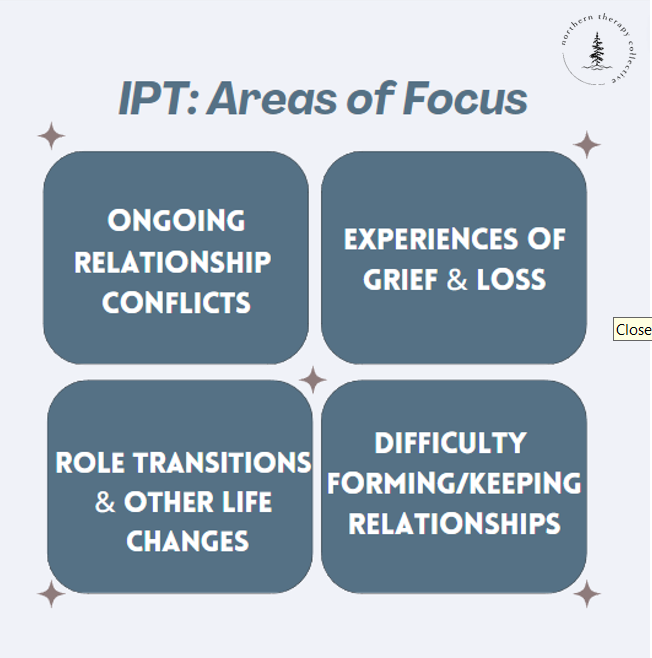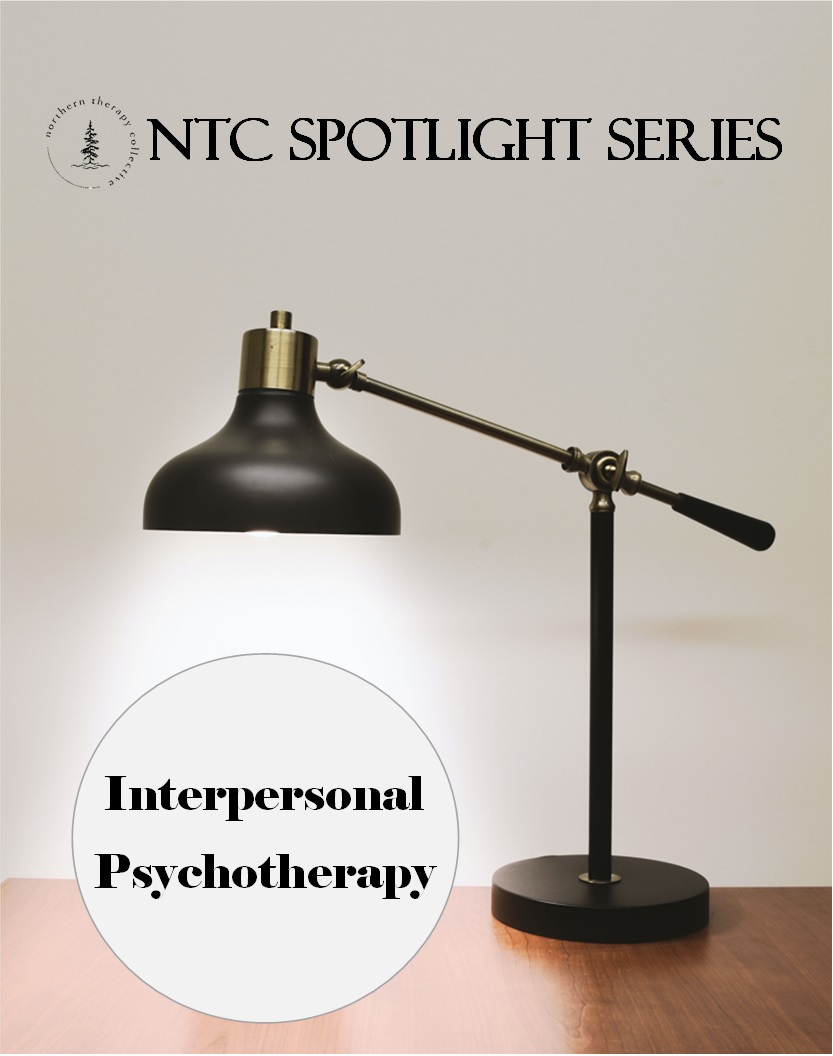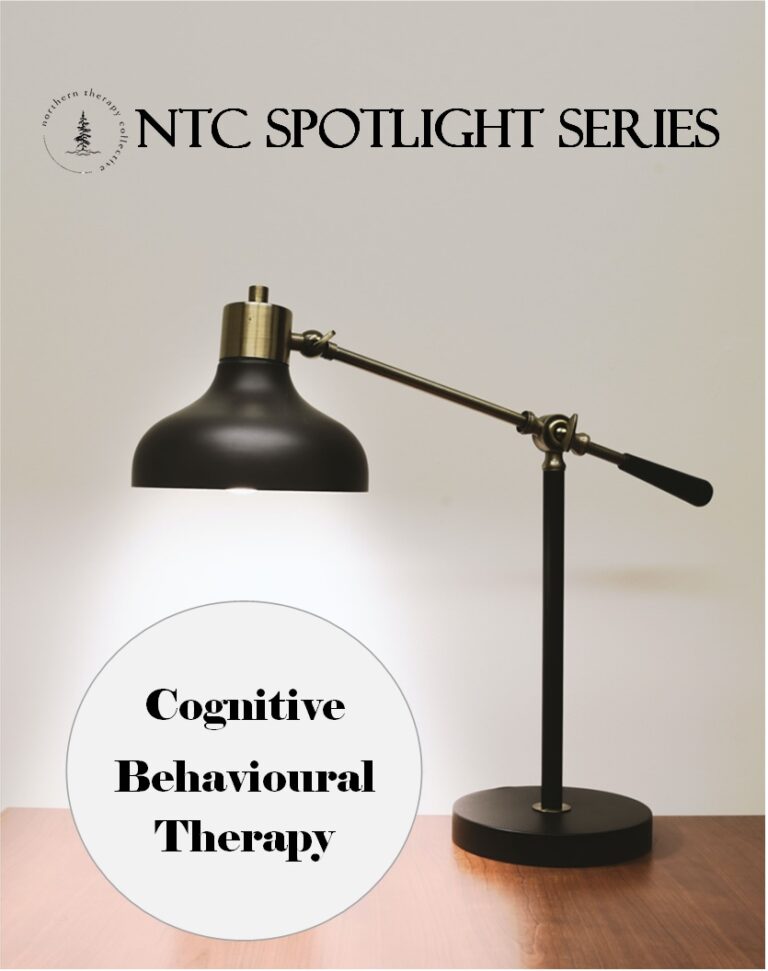SPOTLIGHT ON: Interpersonal Psychotherapy (IPT)
Interpersonal psychotherapy (IPT) seeks to improve mental health by focusing heavily on relationships and interpersonal skills (or ways of relating to others). Advocates of IPT will often cite research that mental health concerns (depression for instance) tend to occur within a broader social context of struggle or maladjustment. Thus, the goal of IPT treatment is symptom reduction through the improvement of social relationships.
MAJOR PLAYERS:
- Dr. Myrna Weissman & Dr. Gerald Klerman – “co-founders” of IPT in the 1970’s; originally developed to treat major depression
- Dr. John Bowlby & Dr. Mary Ainsworth– pioneers in the field of attachment; studied how relationships with others impact personal well-being
FOOD FOR THOUGHT:
- “Assumptions are the termites of relationships.”
- Henry Winkler
- “You have people come into your life shockingly and surprisingly. You have losses that you never thought you’d experience. You have rejection and you have to learn how to deal with that and how to get up the next day and go on with it.”
- Taylor Swift
- “We are afraid to care too much, for fear that the other person does not care at all.”
- Eleanor Roosevelt

DEFINING FEATURES:
- Evidence-based (well supported by psychological research)
- Time-limited (typically delivered over 3-4 months)
- Applicable to a wide variety of psychological problems (e.g. depression, anxiety, other mood disorders)
- Focuses more on the present (current functioning and relationships) and less on the past (childhood)
- Conceptualizes (mental health) problems as a response to current difficulties in day-to-day relationships with others
- Focuses on 4 Key Areas (see graphic above)
POSSIBLE INTERVENTIONS:
- Interpersonal Inventory (listing and reflecting on current/important relationships)
- Supportive Listening
- Clarification (examining misconceptions or assumptions)
- Role Playing
- Communication Analysis
- Building Interpersonal Effectiveness Skills
- Encouragement of Affect (experiencing unpleasant emotions in a safe context)








